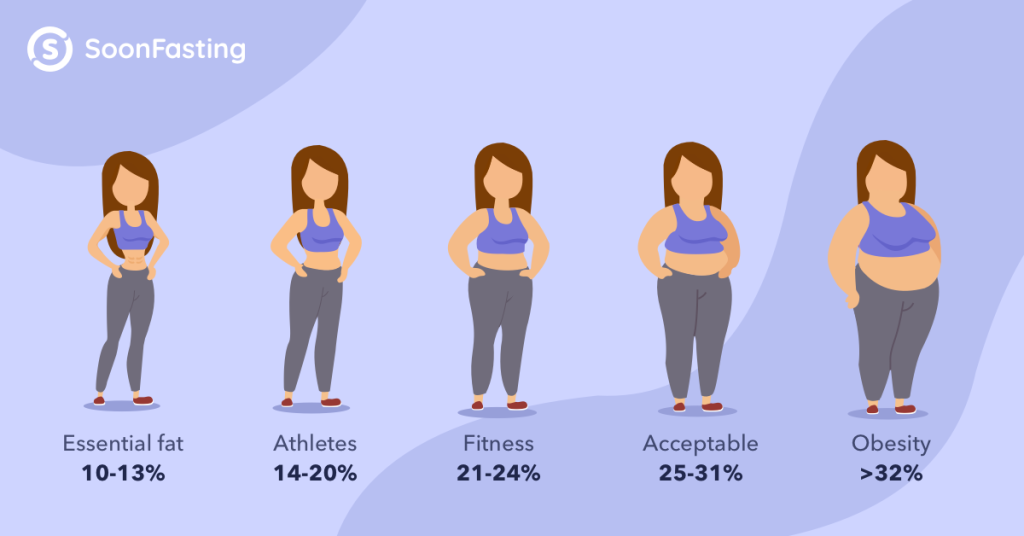Intermittent fasting has become a popular trend in the health and wellness world, with many claiming it to be an effective tool for weight loss. But does it really work? In this article, we will take a closer look at intermittent fasting and its potential impact on weight loss.
What is Intermittent Fasting?
Intermittent fasting is a dietary approach that involves alternating periods of fasting and eating. There are several different methods of intermittent fasting, but the most common ones include the 16/8 method, where you fast for 16 hours and eat within an 8-hour window, and the 5:2 method, where you eat normally for 5 days and drastically reduce your calorie intake for 2 days.
How Does Intermittent Fasting Work for Weight Loss?
Intermittent fasting is believed to work for weight loss through several mechanisms. Firstly, it helps to reduce calorie intake by restricting the time window in which you can eat, making it easier to create a calorie deficit. Additionally, intermittent fasting is thought to increase your body’s sensitivity to insulin, leading to better blood sugar control and potentially lower insulin levels, which can aid in fat burning.
Intermittent fasting may also lead to an increase in the production of the hormone norepinephrine, which can help to boost your metabolism and promote fat loss. Furthermore, intermittent fasting has been shown to have anti-inflammatory and antioxidant effects, which may contribute to its weight loss benefits.
Is Intermittent Fasting Effective for Weight Loss?
While the scientific evidence on intermittent fasting for weight loss is still limited, there have been several studies that suggest it can be an effective tool for reducing body weight and improving metabolic health. One study published in the New England Journal of Medicine found that intermittent fasting was just as effective as conventional calorie-restriction diets for weight loss.
Another study published in the journal Cell Metabolism showed that intermittent fasting can lead to a decrease in body weight and fat mass, as well as improvements in insulin sensitivity and blood lipid levels. Overall, the research on intermittent fasting for weight loss is promising, but more studies are needed to fully understand its long-term effects.
Should You Try Intermittent Fasting for Weight Loss?
Intermittent fasting may not be suitable for everyone, especially those with certain medical conditions or dietary restrictions. It is always recommended to consult with a healthcare provider before starting any new diet or fasting regimen. Additionally, intermittent fasting can be challenging for some individuals, as it may lead to feelings of hunger, low energy levels, and difficulty concentrating.
If you decide to try intermittent fasting for weight loss, it is important to listen to your body and make sure you are still consuming a balanced diet that provides all the necessary nutrients. It is also crucial to stay hydrated and avoid overeating during your eating window to see the best results.
The Bottom Line
Intermittent fasting is a popular dietary approach that may offer benefits for weight loss and metabolic health. While more research is needed to fully understand its effects, many people have reported success with intermittent fasting in their weight loss journeys. If you are considering trying intermittent fasting, make sure to consult with a healthcare provider and listen to your body throughout the process.
Overall, intermittent fasting can be a powerful tool for weight loss when done correctly and safely. With the right approach and guidance, intermittent fasting may help you reach your weight loss goals and improve your overall health and well-being.

